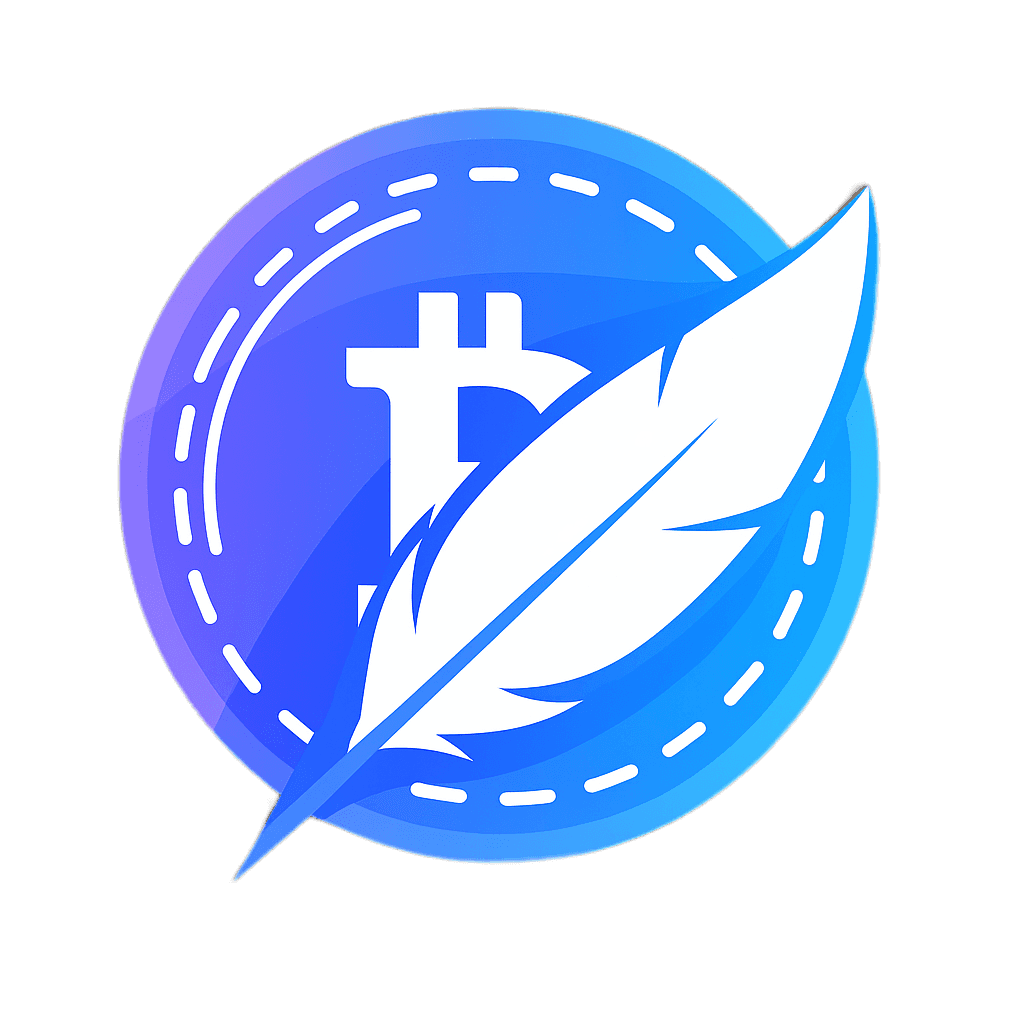Imagine trading your favorite stocks without traditional barriers – that’s exactly what Robinhood is pioneering with their groundbreaking three-phase plan for permissionless stock tokens. This revolutionary approach could fundamentally change how we interact with traditional financial markets through decentralized finance platforms.
What Are Permissionless Stock Tokens and Why Do They Matter?
Permissionless stock tokens represent real company stocks on blockchain networks. Unlike traditional stock trading, these tokens operate without intermediaries. Robinhood’s vision enables users to trade stocks across multiple decentralized applications seamlessly.
The key advantage lies in their permissionless nature. Users can access these tokens without going through conventional brokerage hurdles. This opens stock market participation to a broader global audience.
How Does Robinhood’s Three-Phase Plan Unfold?
Robinhood has structured their rollout carefully to ensure stability and security. The first phase focuses on establishing the technical foundation using Arbitrum Stylus technology. This upgrade to the Nitro stack powers Arbitrum’s ecosystem.
The second phase involves testing and limited deployment. Finally, the third phase achieves full permissionless functionality. This gradual approach minimizes risks while maximizing user benefits.
What Role Does Arbitrum Stylus Play in This Innovation?
Arbitrum Stylus serves as the technological backbone for these permissionless stock tokens. This upgrade enhances Arbitrum One, Arbitrum Nova, and Arbitrum Chains capabilities. It provides the necessary infrastructure for secure, efficient token operations.
The technology enables:
- •Enhanced scalability for stock token transactions
- •Improved security measures for financial operations
- •Cross-platform compatibility across DeFi applications
- •Reduced transaction costs compared to traditional methods
What Benefits Do Permissionless Stock Tokens Offer Investors?
These innovative tokens provide numerous advantages over traditional stock trading. Investors gain unprecedented access to global markets without geographical restrictions. The permissionless nature eliminates many traditional barriers to entry.
Key benefits include:
- •24/7 market access beyond traditional trading hours
- •Reduced fees by cutting out multiple intermediaries
- •Enhanced liquidity through decentralized exchanges
- •Global accessibility for international investors
What Challenges Might This Innovation Face?
Despite the exciting potential, permissionless stock tokens face regulatory considerations. Different jurisdictions have varying rules regarding securities and blockchain technology. Robinhood must navigate these complexities carefully.
Technical challenges include ensuring robust security measures and maintaining token price stability. The company must also build user trust in this new form of stock representation.
How Could This Change the Future of Stock Trading?
Robinhood’s permissionless stock tokens could democratize stock market access globally. This innovation bridges traditional finance with decentralized systems. It represents a significant step toward financial inclusion and innovation.
The successful implementation could inspire other platforms to develop similar solutions. This might accelerate the convergence of traditional and decentralized finance systems.
Conclusion: A New Era for Stock Market Accessibility
Robinhood’s three-phase plan for permissionless stock tokens marks a pivotal moment in financial innovation. By leveraging Arbitrum Stylus technology, they’re creating a bridge between traditional stocks and DeFi ecosystems. This approach could revolutionize how people worldwide access and trade stocks, making financial markets more inclusive and efficient than ever before.
Frequently Asked Questions
What exactly are permissionless stock tokens?
Permissionless stock tokens are digital representations of traditional stocks that can be traded on blockchain networks without requiring approval from centralized authorities or intermediaries.
When will Robinhood’s permissionless stock tokens be available?
Robinhood is implementing a three-phase rollout plan, with the final permissionless phase expected after thorough testing and regulatory compliance measures are complete.
Are permissionless stock tokens legal?
Robinhood is working within existing regulatory frameworks to ensure compliance. However, regulations vary by jurisdiction, and users should verify local laws regarding digital securities.
How do permissionless stock tokens differ from traditional stocks?
Unlike traditional stocks that trade through centralized exchanges during specific hours, permissionless stock tokens can trade 24/7 on decentralized platforms without intermediaries.
What is Arbitrum Stylus technology?
Arbitrum Stylus is an upgrade to Arbitrum’s Nitro technology stack that provides enhanced capabilities for running complex applications, including financial operations like stock token trading.
Can international investors access these tokens?
Yes, one of the main advantages of permissionless stock tokens is their global accessibility, though users should always check their local regulations first.

